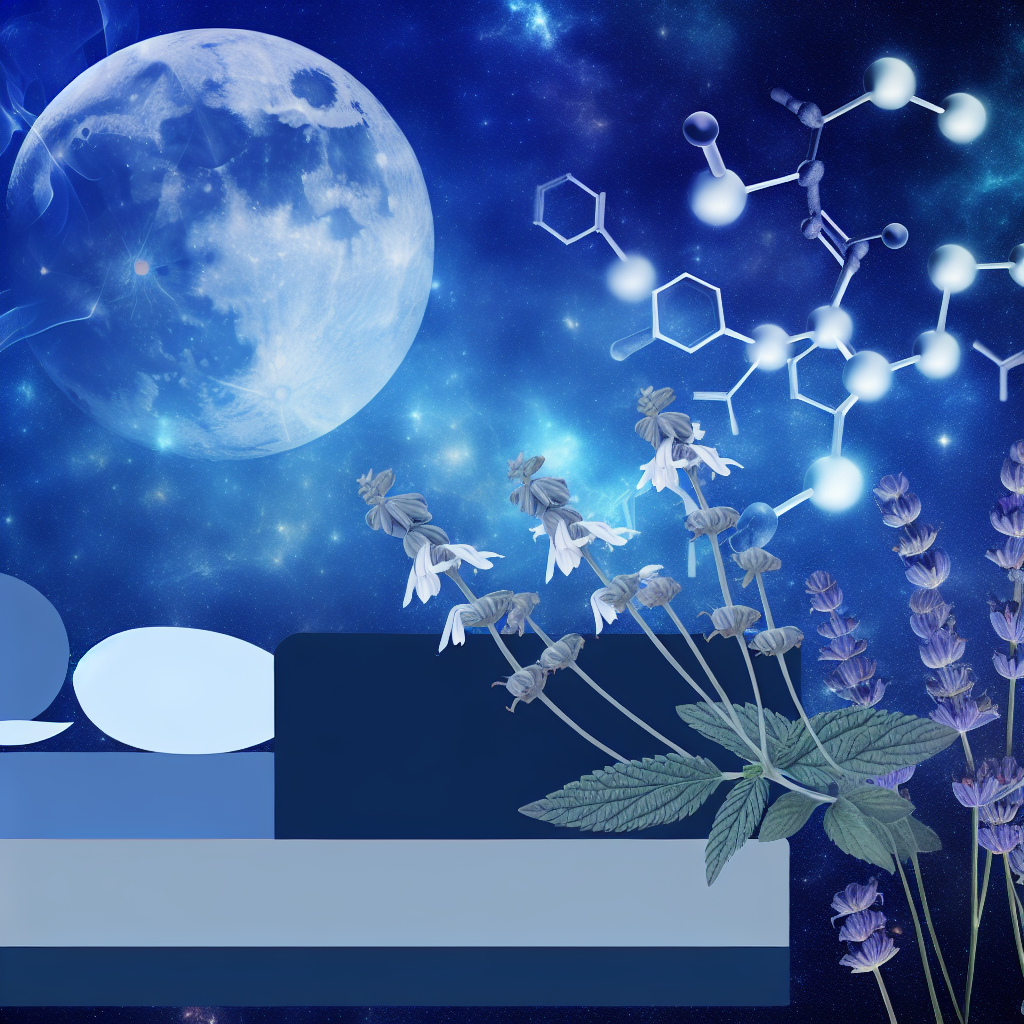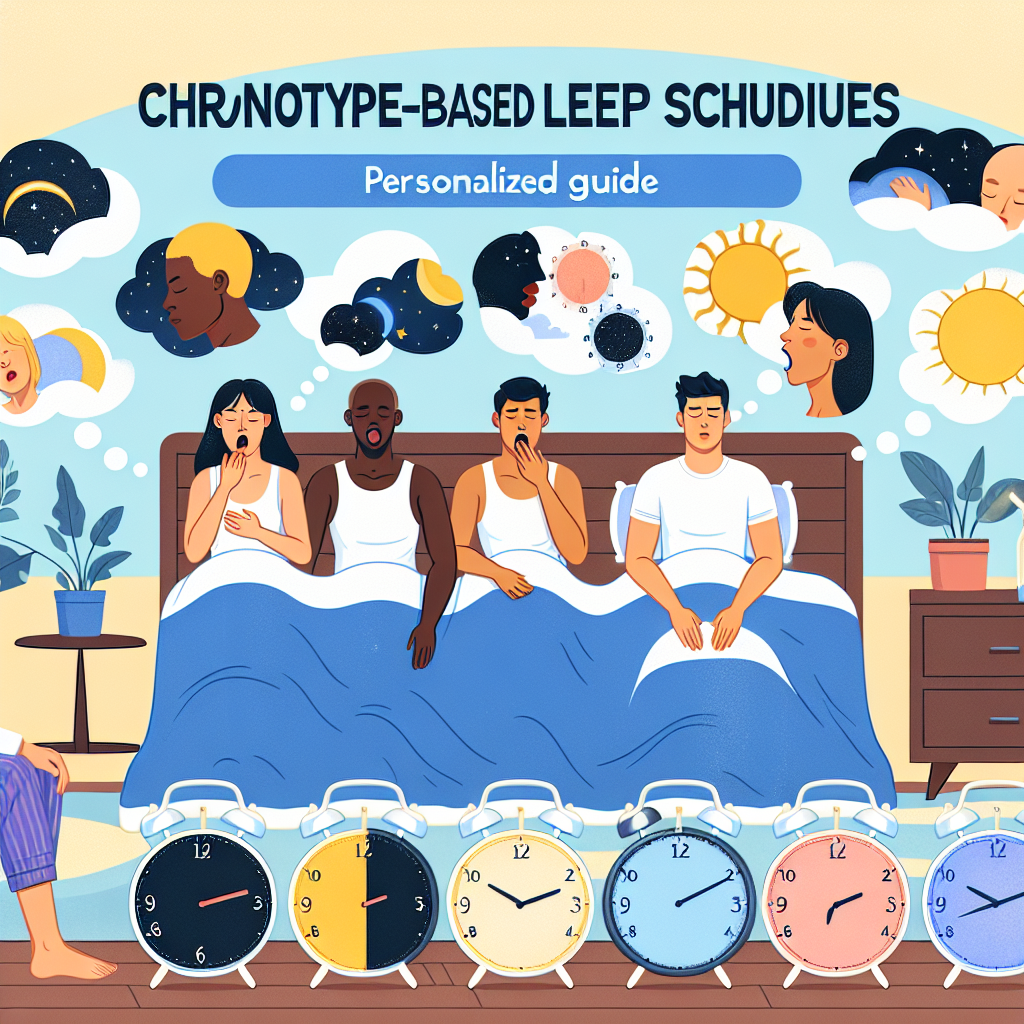Non-Benzodiazepine Sleep Aids: Natural GABA-A Receptor Alternatives
Introduction
Sleep plays a foundational role in our health and well-being, impacting everything from immune function and cognitive health to mood regulation and metabolic balance. However, millions of individuals worldwide struggle with chronic sleep problems such as insomnia.
Traditionally, benzodiazepines like diazepam and lorazepam have been prescribed to combat these issues due to their proven efficacy as GABA-A receptor agonists that promote sedation. While effective in the short term, these drugs carry risks such as dependency, tolerance, and neurological side effects.
Growing concern over the long-term effects of benzodiazepines has led to a surge of interest in natural, non-addictive alternatives that target the same GABA-A receptor. Gamma-Aminobutyric Acid (GABA) is the brain’s primary inhibitory neurotransmitter, calming the central nervous system and supporting restful sleep. Although non-benzodiazepine medications like zolpidem (Ambien) have been developed, they too may come with dependency risks.
More than ever, scientists and integrative health professionals are turning to natural GABAergic compounds—such as L-theanine, valerian root, passionflower, magnesium, and taurine—that support relaxation and sleep with a holistic approach.
In this article, we explore natural GABA-A receptor modulators backed by science as gentle, effective alternatives for improving sleep organically and sustainably.
🌿 Valerian Root: A Traditional Sedative with Modern Support
Valerian (Valeriana officinalis) is one of the most researched herbal sleep remedies available. A meta-analysis published in Sleep Medicine Reviews concluded that valerian can modestly improve sleep quality, particularly with consistent use over at least 4–6 weeks. Unlike pharmaceutical sedatives, it does not cause next-day grogginess or dependency.
This herb may increase GABA levels by preventing its reuptake or enzymatic breakdown, offering a natural mechanism similar to benzodiazepines but without harsh side effects.
🍵 L-Theanine: Calm Alertness and Smoother Sleep Onset
L-theanine, found naturally in green tea, promotes a state of relaxed alertness by enhancing alpha brainwaves. It also supports neurotransmitter levels, including GABA, serotonin, and dopamine—making it perfect for stress-related insomnia.
A 2019 randomized controlled trial in the journal Nutrients found that taking 200 mg of L-theanine daily improved sleep latency and reduced middle-of-the-night awakenings.
🧂 Magnesium: The Master Mineral for Sleep Regulation
Magnesium plays a critical role in hundreds of biochemical processes and acts as a natural co-factor for GABA function. As we age or experience stress, magnesium deficiency becomes more common—contributing to poor sleep patterns and increased nighttime cortisol.
A 2012 double-blind, placebo-controlled trial in elderly individuals found that magnesium supplementation improved sleep onset, duration, and overall efficiency—largely believed to result from enhanced GABAergic activity.
🌸 Passionflower: Gentle Anxiety Relief and Sleep Support
Passionflower (Passiflora incarnata) is often praised for its anxiolytic and sleep-inducing properties. Research suggests that it can bind directly to GABA-A receptors, amplifying GABA’s sedative effects without causing addiction or withdrawal symptoms.
In a 2011 study published in Phytotherapy Research, participants who drank passionflower tea daily experienced noticeable improvements in sleep quality over just one week.
🧪 Taurine and Bioactive Peptides: Sleep’s Emerging Frontier
Taurine, a sulfur-containing amino acid, may offer sleep-supportive benefits by acting as a GABA agonist or by facilitating GABA synthesis. Though human studies are limited, animal research and early trials have found taurine can enhance sleep duration and depth with minimal to no side effects.
Additionally, other bioactive peptides are being investigated for their potential to affect sleep regulation through GABA pathways—pointing to a promising area of future integrative medicine.
💤 Conclusion: Toward Safer, Smarter Sleep Solutions
While benzodiazepines offer short-term relief for severe insomnia, their long-term use can lead to dependency, altered brain chemistry, and diminished cognitive function. Thankfully, non-benzodiazepine and natural GABA-A receptor alternatives offer a refreshing path forward—marrying traditional wisdom with modern science.
Herbs like valerian and passionflower, dietary components like magnesium and L-theanine, and emerging bioactive peptides like taurine all contribute to healthier sleep cycles without the risk of addiction or brain fog. These strategies can serve as a long-term solution, restoring balance and enabling truly restful sleep.
As research continues, these safe and accessible alternatives may reshape the future of sleep wellness. Be sure to consult your healthcare provider before beginning any new supplement, especially if you take medications or have sleep disorders.
📚 References
- Valerian efficacy meta-analysis – Sleep Medicine Reviews
- L-theanine and sleep quality – Nutrients
- Magnesium and insomnia in the elderly – Journal of Research in Medical Sciences
- Passionflower and sleep quality – Phytotherapy Research
Concise Summary: Many individuals struggle with chronic sleep issues like insomnia, leading to the widespread use of benzodiazepine medications that carry risks of dependency and side effects. Fortunately, natural compounds like valerian, L-theanine, magnesium, and passionflower have shown promise as gentle, effective alternatives that target the GABA-A receptor to promote relaxation and healthy sleep cycles without the drawbacks of pharmaceutical drugs.

Dominic E. is a passionate filmmaker navigating the exciting intersection of art and science. By day, he delves into the complexities of the human body as a full-time medical writer, meticulously translating intricate medical concepts into accessible and engaging narratives. By night, he explores the boundless realm of cinematic storytelling, crafting narratives that evoke emotion and challenge perspectives.
Film Student and Full-time Medical Writer for ContentVendor.com




